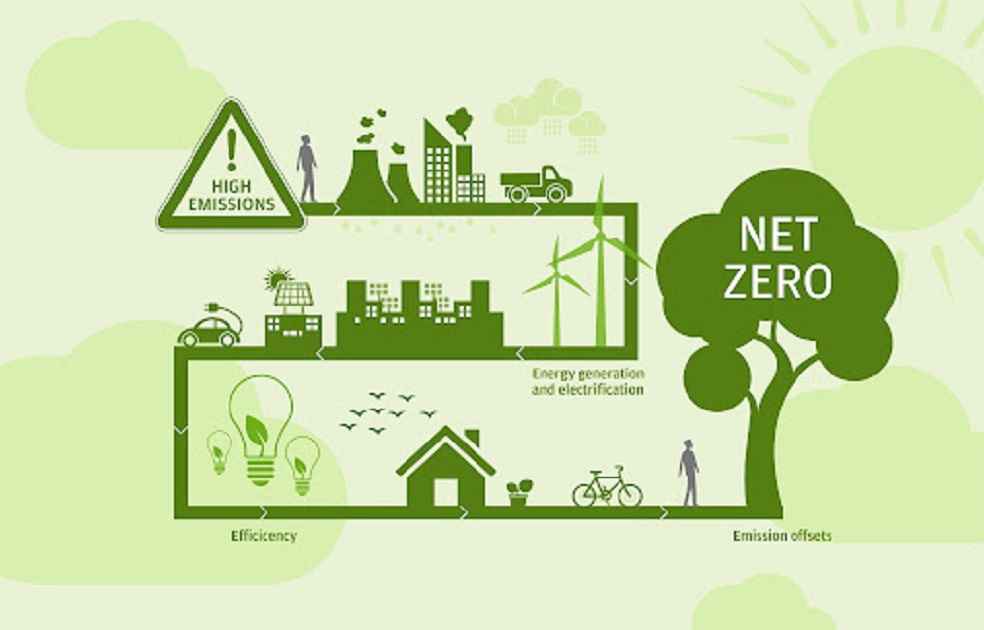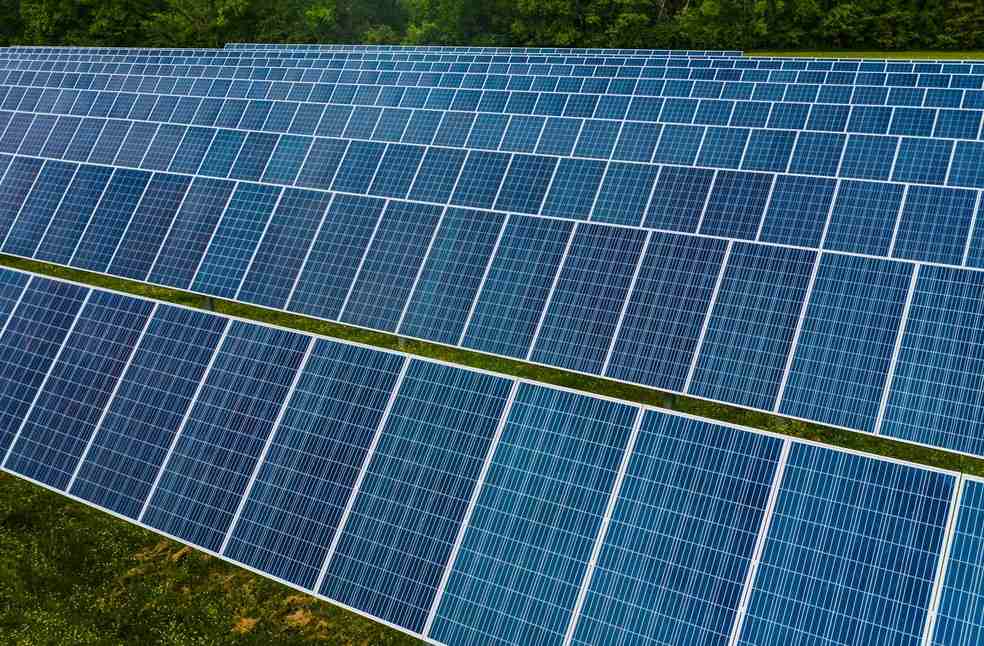The Nigeria Customs Service (NCS) has pledged to support the importation of renewable energy technologies, aiming to enhance accessibility and promote sustainable energy solutions in the country. Comptroller-General of Customs (CGC) Bashir Adeniyi conveyed the message at the NCS Trade Facilitation Consultative Forum, held in Lagos on Monday. The forum focuses on ‘trade facilitation measures for renewable energy and energy-efficient technologies.’
Represented by Deputy Comptroller-General of Customs for Tariff and Trade Facilitation, Caroline Niagwan, Adeniyi emphasized that the commitment entails implementing fiscal policies to encourage a transition away from fossil fuel reliance, with the goal of achieving net-zero emissions by 2060.

Customs initiatives for renewable energy focus on overseeing the import of essential equipment, such as solar panels, by ensuring duty-free and VAT-free classification to foster sector growth. Additionally, customs operations involve assigning solar panels to designated Harmonized System (HS) codes, promoting uniform and equitable import regulations while streamlining processes for businesses that comply with industry standards.
Adeniyi highlighted that the Green Customs Initiative addresses the increasing number of legally binding Multilateral Environmental Agreements (MEAs) and underscores the vital role of customs in ensuring its enforcement. Under President Bola Tinubu’s leadership, the federal government remains committed to advancing policies that drive investment, uphold sustainability, and encourage responsible industrial practices, aligning with Nigeria’s Energy Transition Plan (ETP).

NCS also introduced a comprehensive handbook to assist importers and businesses in understanding and managing the complexities of bringing renewable energy technologies into the country, marking a significant step toward simplifying trade processes and advancing energy sector reforms.
IMEX SECTOR | Mango Shipments from India Denied Entry at U.S. Airports



